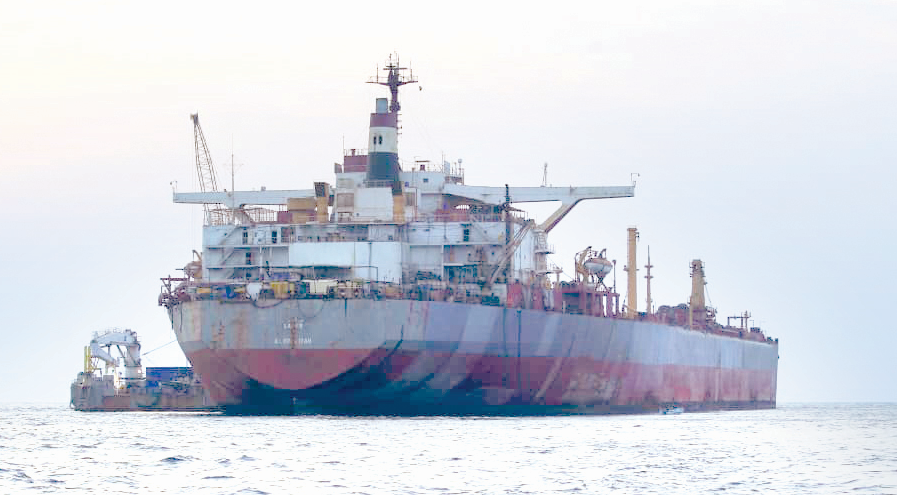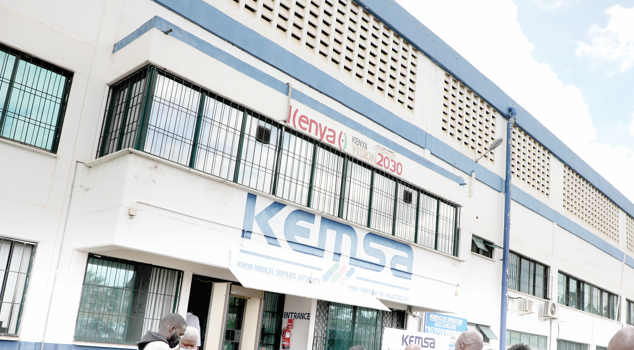KPA gives reassurance as attacks in Red Sea threaten supply chain

Kenya Ports Authority (KPA) has allayed fears that Port of Mombasa has suffered effects of growing incidents of militant attacks targeting cargo vessels in the Red Sea.
In recent weeks, Houthi militants based in Yemen have stepped up their attacks on commercial shipping vessels travelling through the Red Sea and the Suez Canal, in response to Israel’s ongoing bombardment of Gaza.
The Guardian, a British publication reported yesterday, that Tankers and cargo ships have been targeted by drone and missile attacks launched from Yemen – and although the damage caused has been minimal in most cases, the threat alone has left trade routes through the Red Sea at a near standstill.
However, according to KPA Managing Director, William Ruto, the attacks in Red Sea have in no way affected operations at the Port of Mombasa.
“I read somewhere that because of what is happening in the red sea, the Port might be affected. I want to tell you that in this port we have not been affected by that,” he said. Ruto also lauded the shipping lines using Port of Mombasa for the confidence shown, adding: “They have assured us that their traffic will continue growing in this port and we are targeting to break a record this year,” he said, adding the Authority has surpassed last year’s target.
In terms of containers, he said KPA handles an average of 4,400 twenty-foot equivalent units (TEUs) per day which is about 3,000 trucks daily per container terminal.
“On conventional cargo side we handle not less than 20,000 to 30,000 metric tonnes per day. That is about a thousand trucks. So on average we handle 5000 to 10,000 trucks on a daily basis in and out,”
Ruto explained on the Port performance. He spoke in presence of Roads and Transport Cabinet Secretary Kipchumba Murkomen at the KPA headquarters during the Authority’s celebration of performance for the year 2020/2021.
There have been fears that the cost of imports could shoot up in the coming days following the ongoing Red Sea crisis since imports are heavily dependent on the waterway between Djibouti and Yemen where the Houthis operates.











